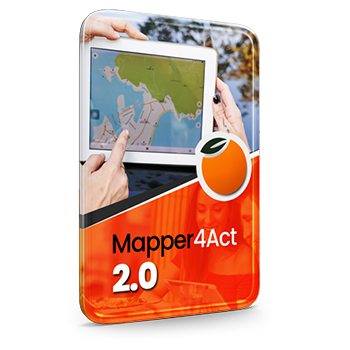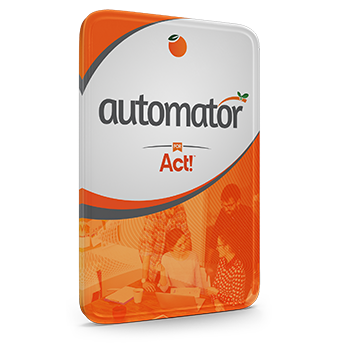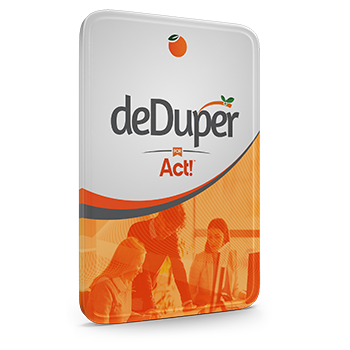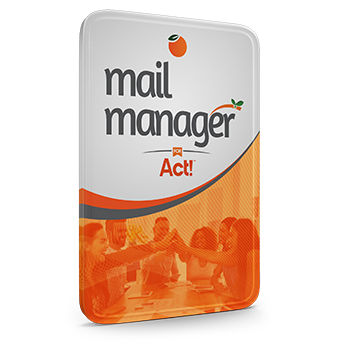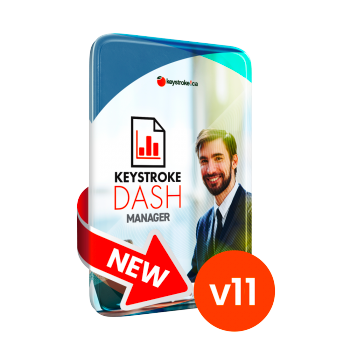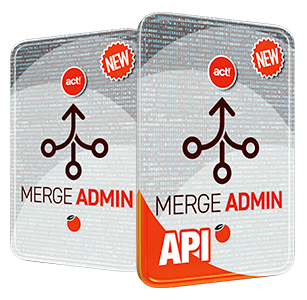Understanding your customers is key to knowing how to serve them and what to sell them, and surveys can be an effective tool in harvesting customer feedback and insights. However, there are many factors that can affect the quality and effectiveness of a survey, such as the design, the wording, the format, and the length of the questions.
The following is a list of some of the things to consider before using surveys for your business:
- The mode of data collection: Choosing the right medium for conducting a survey can have a significant impact on the response rate, the cost, and the quality of the data. For example, online surveys are convenient, fast, employ time-saving skip logic, and are inexpensive, but they may not reach some segments of the population that do not have internet access or prefer other methods. Consider the audience you're targeting to determine the most effective mode of data collection.
- The impact of survey fatigue: Survey fatigue is a phenomenon where respondents lose interest or motivation to complete a survey, resulting in lower response rates, incomplete answers, or inaccurate data. To avoid survey fatigue, it is advisable to keep the survey as short and relevant as possible, use incentives or rewards to motivate respondents, and avoid sending too many surveys to the same audience.
- The effect of survey question wording: The way a question is phrased can influence how respondents interpret and answer it. To ensure clarity and validity, survey questions should be simple, specific, and unbiased. They should avoid using jargon, technical terms, vague words, leading or loaded questions, or double-barreled questions that ask two things at once.
- The order of survey questions: The order in which survey questions are presented can also affect the responses. For example, asking sensitive or personal questions at the beginning of a survey may discourage some respondents from continuing. Asking general questions before specific ones may help respondents recall information more easily. Asking easy questions before difficult ones may increase respondents’ confidence and engagement.
- The different survey question formats: Survey questions can be categorized into two main types: closed-ended and open-ended. Closed-ended questions offer a fixed set of choices or scales for respondents to select from, while open-ended questions allow respondents to express their opinions or feelings in their own words. Both types have advantages and disadvantages depending on the purpose and scope of the survey. Closed-ended questions are easier to answer and analyze, but they may limit respondents’ options or force them to choose an answer that does not reflect their true opinion. Open-ended questions are more flexible and rich in detail, but they are harder to answer and analyze, and they may require more time and effort from respondents.
- The accuracy of the answers received: One of the main challenges of conducting surveys is ensuring that the answers provided by respondents are truthful and reliable. There are many factors that can affect the accuracy of survey responses, such as social desirability bias, recall bias, acquiescence bias, or nonresponse bias. To minimize these biases, survey designers should use appropriate sampling methods, question formats, scales, and wording to elicit honest and accurate answers from respondents.
- Workflow: Customer insights should always be actionable, which is why it's important to build in triggers in your surveys that spark follow-up workflow. Whether that workflow be the segmentation of hot prospects, the scheduling of follow-up activities, or the enrollment in a nurture marketing campaign, you should always be prepared to respond to leads that these surveys can uncover.
These are some of the most important survey features that can help you create effective surveys that generate valuable data for your research or business needs. If you'd like to learn more about an effective method of integrating surveys in your Act! CRM, look into Link2surveys. Start your 2-week FREE TRIAL today.



